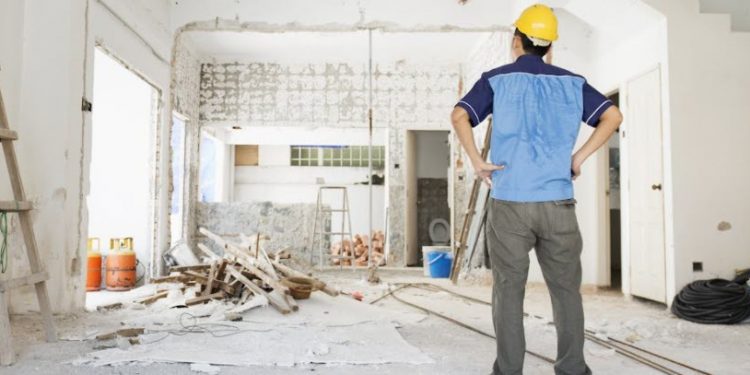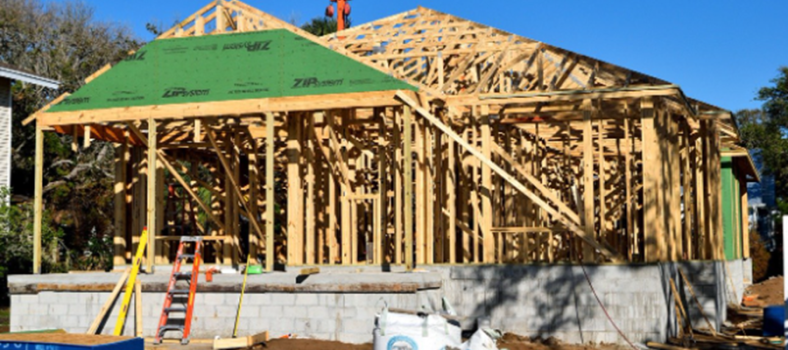Planning And Permits: The Legal Side Of Home Renovations
Typically, making home renovations can be an exciting job for you. Whether you’re picking paint colors, bathroom and kitchen fixtures, or installing a new pantry, these home renovation projects can make your home feel and look better. However, despite the excitement with the renovations, planning for these undertakings requires you to comply with the legal permits. Without these permits, the local government authority may stop the work and obligate you to pay some hefty fines.
Due to these circumstances, it’s essential to be aware of the legal side of home renovations. Keep reading this article to learn more about this subject matter.
Home Renovations: Permits To Obtain
Some ways to improve your home may cost you a considerable amount of money and risk your safety. As such, the local government authority in your area may require you to adhere to the building codes or secure a permit from the local authority before doing any work on your property. Failure to do so may result in some legal troubles.
So, if you want to perform home renovations anytime soon, you may need to obtain the following permits:
- Planning Permit
It’s crucial to secure this legal document if you want to ask permission to use your land for a particular purpose, such as making a home extension or renovation. To successfully get a planning permit, you should apply to the local council responsible for the issuance of this document.
Moreover, your application should also be followed by the proposed design of the renovation, shadow diagrams, and other relevant documentation. Doing so can increase your chances of getting approved for a planning permit.
- Building Permit
Apart from the planning permit, obtaining a building permit is also crucial before making home renovations. The primary purpose of this legal document is to certify that your home complies with the building rules and regulations in your area to ensure the health, safety, and structural stability of your home.
Approved by a municipal or private surveyor, a building permit permits you to undertake renovation projects according to the approved plans and specifications. For example, if you want to get a building permit in Victoria or wherever you’re located. Your renovation service provider will handle this job for you by submitting some documentation. These can include construction details, siting of building works, drainage method, permeability details, and many more.
As mentioned, having a building permit can also protect your home renovation projects through the following:
- To guarantee that the builders working on your home upgrade project have the required insurance coverage;
- To ensure all essential stages of work are correctly inspected;
- To make sure the construction is executed correctly and based on the proper building legislation;
- To ensure your home is ideal for occupation.
Additionally, it’s essential to know the effects of an expired building permit on your renovation projects. For example, your building permit has reached its expiration date but you continue the project, the local government authority in your area may issue a stoppage order and require you to secure a new permit to complete the unfinished work.
Home Renovations: Projects That Require Permits
As mentioned, making home renovations may require some permits to ensure all are legal. However, while specific projects need a planning or building permit, others don’t require any legal document to be legal. It means you can carry out the renovation even without the permission of the local government authority in your area.
Typically, the home renovation projects that may need a permit can include:
- Any changes to the roofing system
- Building a new driveway
- Installation of new electrical wires
- Installation of hose bibs outside the house
- Installation of a new water heater
- Installing fences that exceed the height limit
- Changes made to the wall cladding or siding
- Changes in your home’s layout or footprint
- New openings made to your property
- Structural changes
On the other hand, the following are some renovation projects that may not require a permit:
- Bathroom or kitchen modifications
- Customising walls
- Installation of new flooring
- Installation of countertops
- Minor electrical repairs
Home Renovations: How To Apply For A Permit
To ensure successful home renovations, you need to know how to apply for a permit. The application steps can include:
- Appoint a registered building surveyor who will conduct a building and property survey and apply for the permit on your behalf.
- Submit copies of relevant documentation, including drawings, allotment plans, specifications, and the completed application form.
- Pay the required fee to proceed with the permit application.
Bottom Line
When your home renovations comply with the planning and permit requirements in your area, you’ll not only save yourself from any legal trouble but also add value to your residential property. Therefore, if you’re planning to make some home upgrade projects, keep this information in mind so you’ll keep track of the legal side of these undertakings and stay ahead of the process.






No Comment